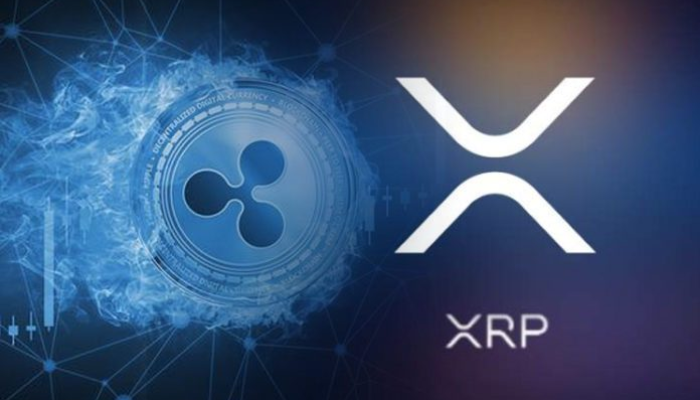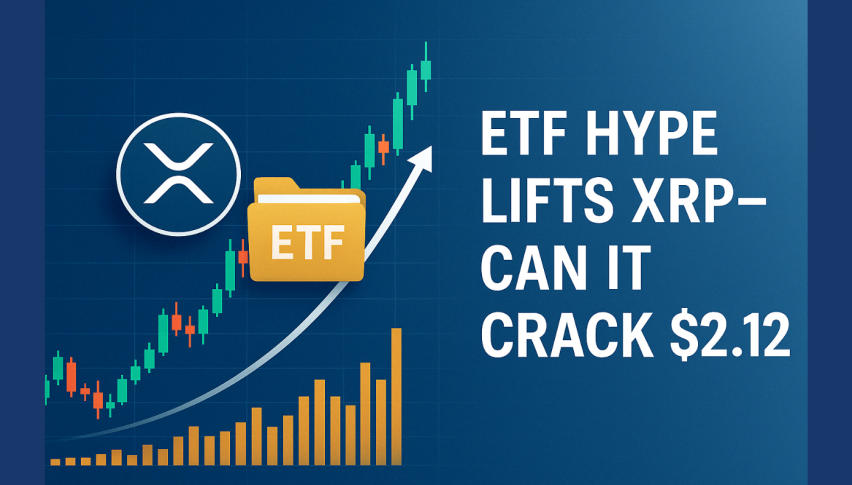Anodos Set to Bring Institutional DeFi to the XRP Ledger
Anodos, a Web3 protocol built on the XRP Ledger (XRPL), is poised to introduce institutional decentralized finance (DeFi) to the growing XRP

Anodos, a Web3 protocol built on the XRP Ledger (XRPL), is poised to introduce institutional decentralized finance (DeFi) to the growing XRPL community. Despite being introduced in 2012, the XRP Ledger has lagged behind competitors like Ethereum and Stellar in infrastructure development. For example, Stellar added smart contract capabilities in February, while XRPL has yet to implement hooks on the mainnet.
Anodos aims to bridge this gap with its platform, Paridim, which is designed to bring institutional DeFi to XRPL. Institutional DeFi on XRPL remains largely unexplored, and Anodos seeks to tap into this potential, filling the void left by key development teams like Ripple.
Paridim’s Potential and Regulatory Focus
Paridim, a liquidity and digital asset management platform, aims to attract institutional clients to the XRPL ecosystem. While specific details on Paridim are limited, reports suggest that it will enable institutions to leverage XRPL’s expanding DeFi features, such as the recently introduced automated market maker (AMM) capabilities.
Currently, XRPL has 504 active pools with 4.5 million XRP locked, and this figure could rise with institutional participation.
Anodos emphasizes regulatory compliance to foster institutional adoption. This focus addresses increasing legislative concerns worldwide, particularly in the U.S., where the Securities and Exchange Commission (SEC) has taken a stricter stance on DeFi activities.
Recently, the SEC issued a Wells Notice to Uniswap, the largest decentralized exchange, signalling potential legal action for allegedly trading unregistered securities. Furthermore, the SEC proposed a rule requiring DeFi entities handling over $50 million in assets on AMMs to register, raising concerns among potential institutional investors.
In parallel, Ripple, the largest holder of XRP, plans to launch several initiatives to bolster the XRPL DeFi ecosystem. These include an EVM sidechain in collaboration with Peersyst, a native lending protocol, and a USD-backed stablecoin.
These developments are expected to significantly enhance the DeFi landscape on XRPL, providing substantial opportunities for growth.
In conclusion, Anodos’ introduction of institutional DeFi to the XRP Ledger through Paridim represents a significant step forward. With a focus on regulatory compliance and leveraging XRPL’s expanding DeFi capabilities, this initiative is set to attract substantial institutional interest and investment, potentially transforming the XRPL ecosystem.
- Check out our free forex signals
- Follow the top economic events on FX Leaders economic calendar
- Trade better, discover more Forex Trading Strategies
- Open a FREE Trading Account



